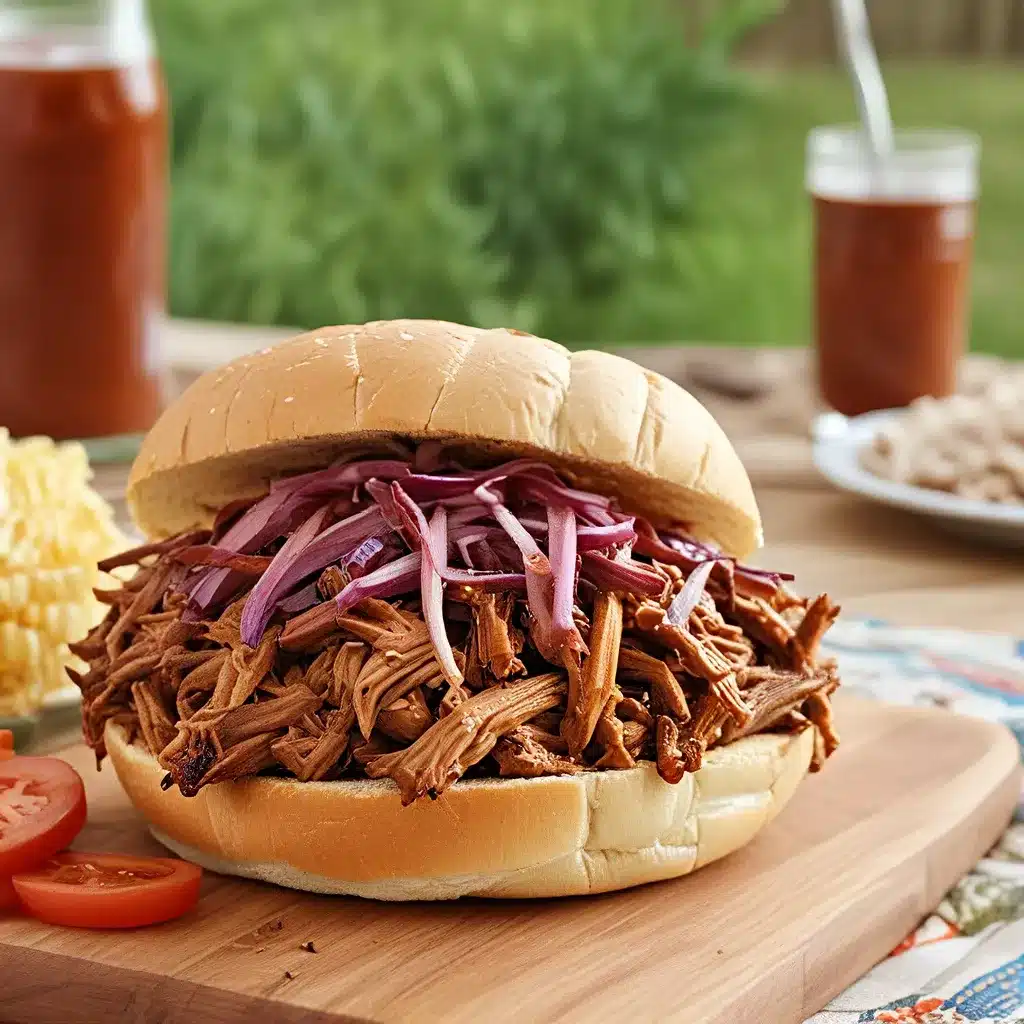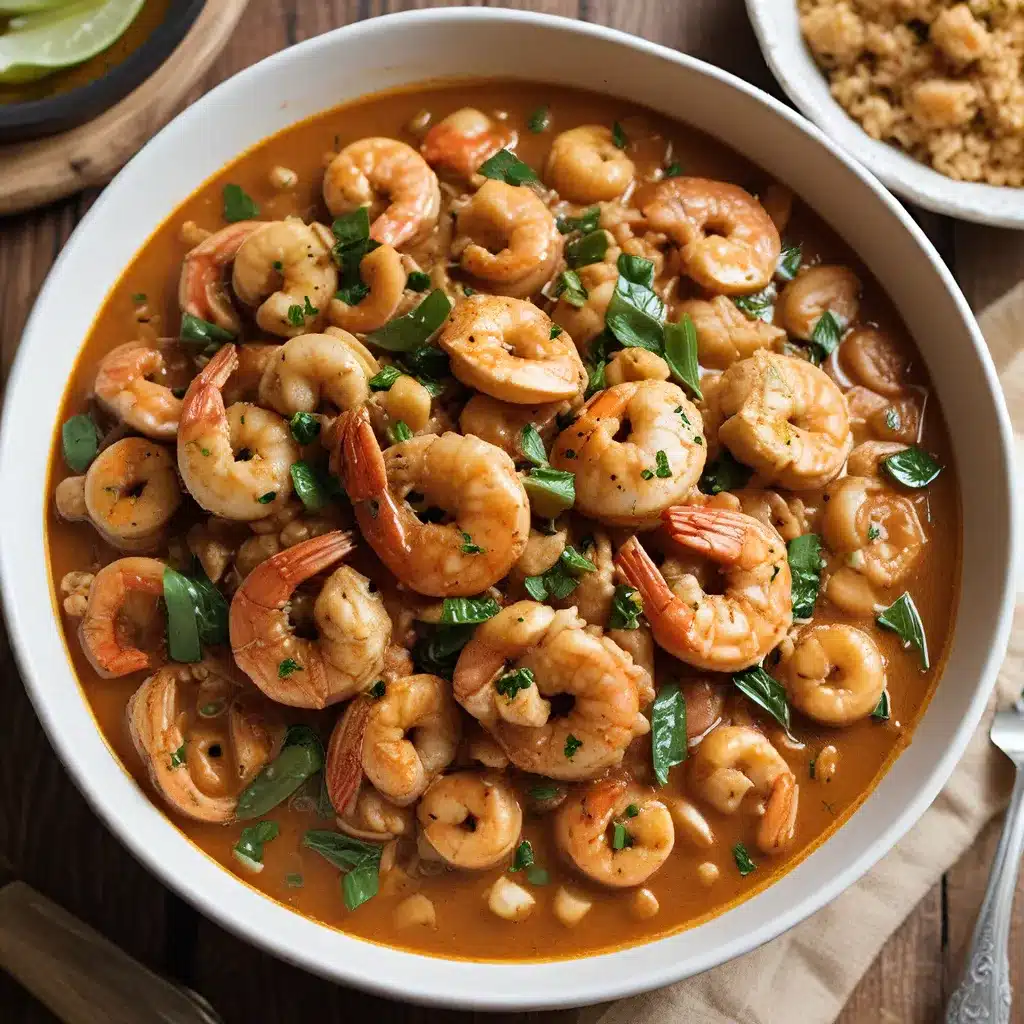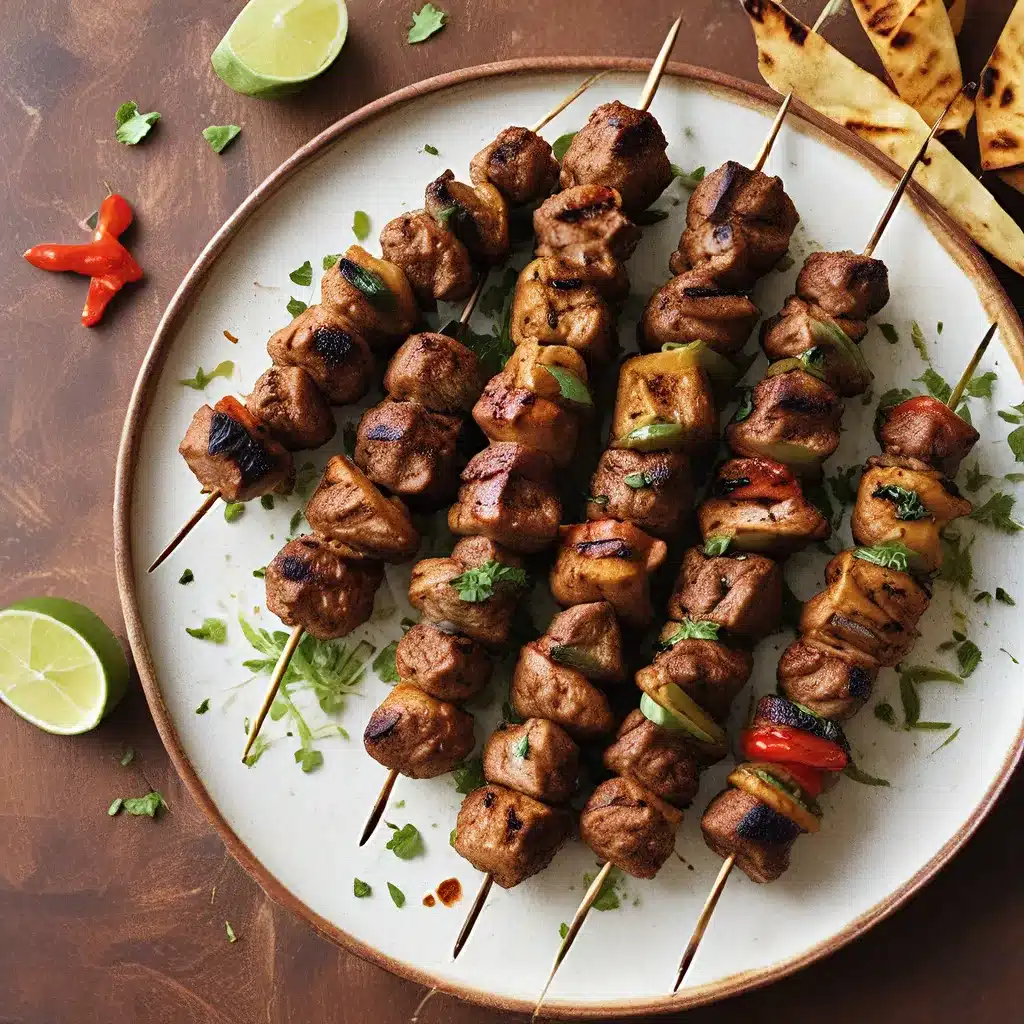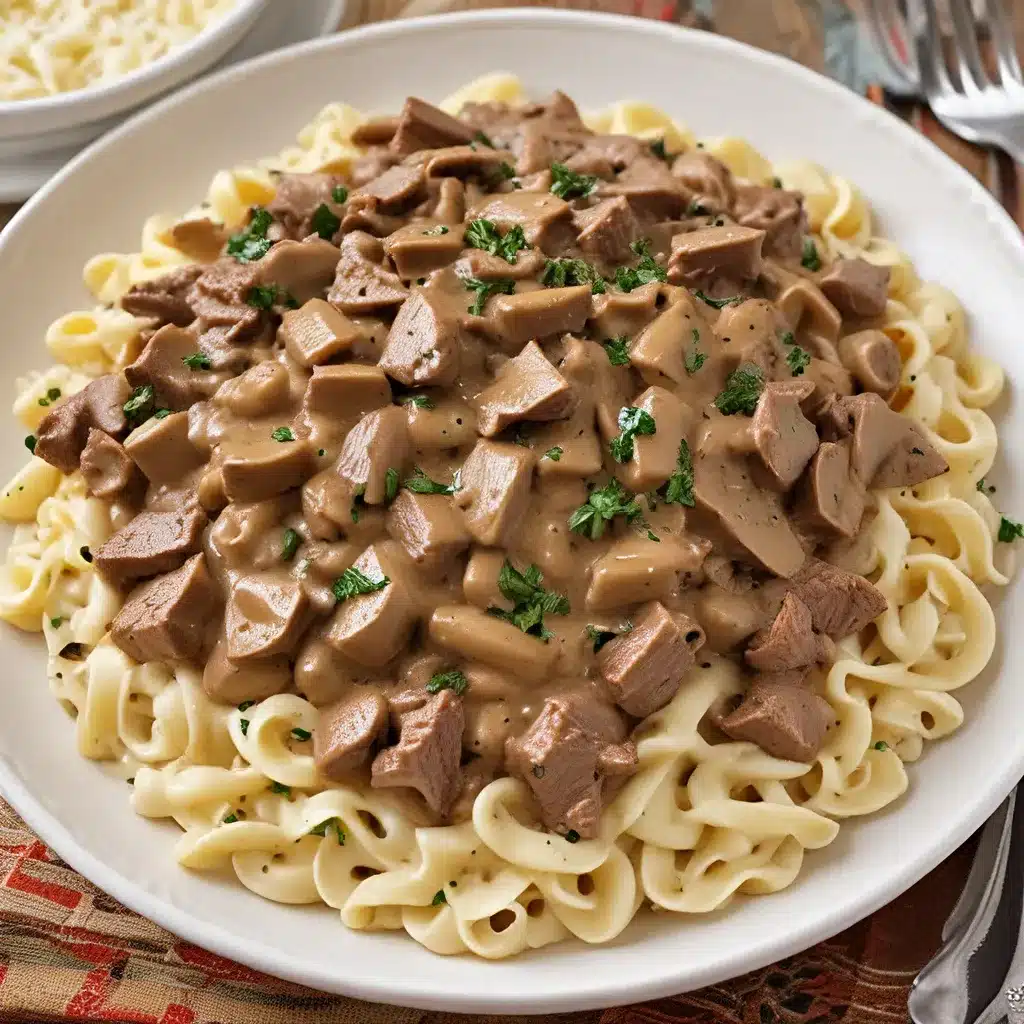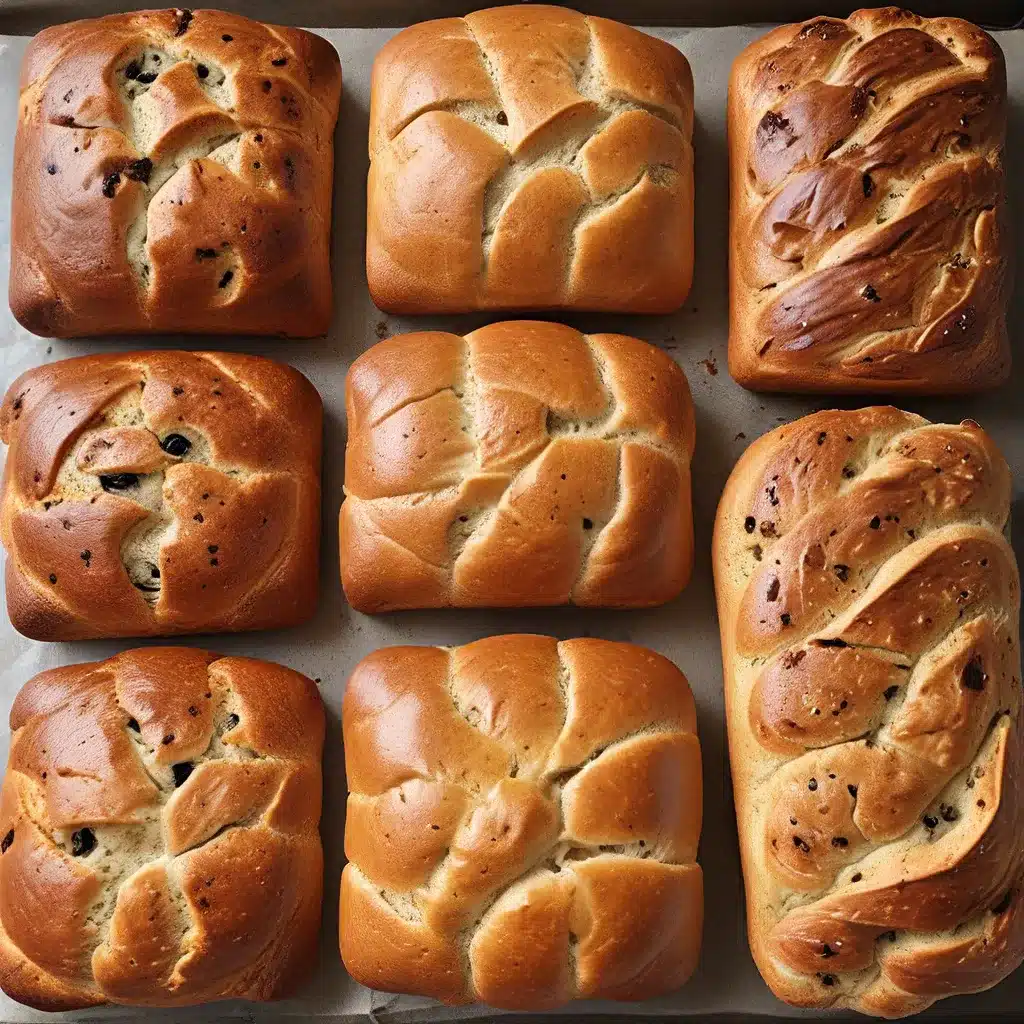
Breakfast Breads that Nourish and Delight
Embracing the Rise of Slow, Artisanal Breads
Ah, the humble loaf of bread – it’s a staple in so many of our lives, yet it’s often an afterthought in our fast-paced modern world. But what if I told you that rediscovering the joy and nourishment of real, handcrafted bread could be a true life-changer?
That’s exactly the revelation I had a few years ago when I stumbled upon the work of Holistic Nutritionist Sarah Britton and her incredible blog, My New Roots. You see, I used to be one of those people who would mindlessly grab a loaf of fluffy, preservative-laden grocery store bread, never giving a second thought to the origins or quality of what I was consuming. But then I read Sarah’s eye-opening post on “The Life-Changing Loaf of Bread”, and my whole perspective shifted.
Rediscovering the Art of Bread-Making
Sarah’s journey with bread began when her oldest child struggled with digestive issues, and a doctor suggested they give up wheat. As someone who came from a family that revered bread as a daily staple, Sarah wasn’t keen on cutting it out entirely. Instead, she embarked on a mission to learn how to make truly nourishing, slowly fermented breads at home.
What she discovered along the way was nothing short of life-changing. “I searched for ways to make better grain choices and how to bake bread with long sourdough fermentations,” she explains. “This endeavor has helped me feed my family the very best, and I hope it does the same for you.”
And that’s exactly what happened. By incorporating whole grains, nuts, and seeds into her breads, and allowing for long, slow fermentation, Sarah was able to create loaves that were not only delicious, but also packed with fiber, protein, and a wealth of beneficial nutrients. No more empty calories or questionable ingredients – just pure, unadulterated nourishment in every bite.
The Rise of the Artisanal Bread Movement
Sarah’s story is just one example of a larger trend that’s been gaining momentum in recent years: the rise of the artisanal bread movement. Across the globe, bakers, millers, and grain enthusiasts are rediscovering the lost art of bread-making, and using traditional techniques to craft loaves that are a far cry from the mass-produced variety.
Home cooking enthusiasts and health-conscious foodies alike have been flocking to these slow-rise, nutrient-dense breads, seeking a more satisfying and wholesome alternative to the breads of their youth. And the benefits go far beyond just taste and texture.
The Nutritional Power of Slow-Fermented Breads
One of the key reasons why these artisanal breads are so transformative is the way they’re made. The long, slow fermentation process that is the hallmark of traditional bread-making does more than just develop complex flavors – it also unlocks a wealth of nutritional benefits.
During fermentation, the beneficial microbes in the dough break down the phytic acid and gluten present in the grains, making them more digestible and easier for our bodies to absorb. This means that even those with gluten sensitivities or digestive issues may be able to enjoy these breads without the same discomfort they might experience from commercially produced loaves.
But the benefits don’t stop there. These slow-rise breads are also rich in fiber, protein, and a variety of essential vitamins and minerals. The inclusion of nutrient-dense nuts, seeds, and whole grains further enhances their nutritional profile, making them a truly nourishing addition to any diet.
Rediscovering the Joy of Bread
As someone who has experienced the transformative power of these artisanal breads firsthand, I can attest to the profound impact they can have on our lives. “When I began eating healthier, bread was definitely on my hit list,” Sarah Britton recalls. “Not because bread is inherently bad, but that I knew when I was basing three meals a day around a loaf of crusty white French bread, something had to give.”
By incorporating these slow-rise, nutrient-dense breads into her diet, Sarah was able to make room for more fruits, vegetables, legumes, and other wholesome foods, while still satisfying her love for the comforting ritual of bread-eating.
And the best part? These breads are not only good for you, but they’re also absolutely delicious. As Sarah puts it, “Deliciousness and health are not exclusive.” With their complex flavors, satisfying textures, and nutritional punch, these artisanal loaves have the power to transform your relationship with bread and nourish both your body and soul.
Baking Your Way to a Healthier Lifestyle
Of course, the journey to rediscovering the joy of bread-making isn’t always an easy one. As Sarah discovered, mastering the art of slow, sourdough fermentation can be a steep learning curve, requiring patience, attention to detail, and a willingness to experiment.
But the rewards, both tangible and intangible, are well worth the effort. “Bread almost always requires some kneading then some waiting and then perhaps more kneading,” Sarah laments. “Maybe more waiting. I’m confused already.” With the Life-Changing Loaf of Bread, however, the process is “kind of brainless” – no kneading required, and a flexible timeline that allows you to fit the baking into your schedule.
Embracing the Versatility of Artisanal Breads
One of the true joys of these slow-rise, nutrient-dense breads is their incredible versatility. Unlike their commercially produced counterparts, which can often feel like a one-note experience, these artisanal loaves are endlessly adaptable, allowing you to customize them to your unique tastes and dietary needs.
“If you don’t have hazelnut, you could use almonds,” Sarah explains. “If you don’t like oats, you could use rolled spelt. Out of maple syrup? Use honey.” The possibilities are endless, and the only limit is your imagination.
Whether you’re looking to incorporate more whole grains and healthy fats into your diet, or simply rediscover the simple pleasure of a truly satisfying slice of toast, these artisanal breads have the power to transform your relationship with one of life’s most basic, yet essential, foods.
Unlocking the Mysteries of Psyllium Husk
One of the key ingredients that sets Sarah’s “Life-Changing Loaf of Bread” apart is the inclusion of psyllium seed husks. Now, I know what you’re thinking – what on earth is psyllium, and how could it possibly be the secret to unlocking the nutritional potential of bread?
Well, as it turns out, psyllium is a real powerhouse of an ingredient. Not only is it a highly absorbent fiber that can help regulate digestion, but it also acts as a natural binder, helping to hold the ingredients of this bread together without the need for traditional flours or gluten.
“Psyllium seed husks are one of nature’s most absorbent fibers, able to suck up over ten times their weight in water,” Sarah explains. “For this reason, you’ll often find psyllium in over-the-counter laxatives, stool-bulking agents, and colon cleansing kits.”
But don’t let that deter you – the psyllium in this bread is not only highly beneficial for digestive health, but it also helps to create a delightfully chewy, bread-like texture that is simply irresistible.
Embracing the Power of Whole Grains
Beyond the magical powers of psyllium, the artisanal breads championed by Sarah and other grain enthusiasts also derive their incredible nutritional punch from the whole grains that are the foundation of their recipes.
“Bread almost always requires some kneading then some waiting and then perhaps more kneading,” Sarah laments. “Maybe more waiting. I’m confused already.” But with these nutrient-dense loaves, the process is “kind of brainless” – no kneading required, and a flexible timeline that allows you to fit the baking into your schedule.
By incorporating whole oats, quinoa, millet, and other nutrient-dense grains, these breads are able to deliver a powerful punch of fiber, protein, and a variety of essential vitamins and minerals. And because the grains are left intact (rather than being stripped of their nutrient-rich bran and germ, as is the case with many commercial breads), the body is able to absorb these nutrients more effectively.
The Rise of the Home Bread-Maker
As the artisanal bread movement has gained momentum, home cooks and baking enthusiasts have been eagerly embracing the opportunity to craft their own nourishing loaves. And with the wealth of resources and recipes available online, it’s never been easier to dive into the world of slow, sourdough bread-making.
“When I began eating healthier, bread was definitely on my hit list,” Sarah Britton recalls. “Not because bread is inherently bad, but that I knew when I was basing three meals a day around a loaf of crusty white French bread, something had to give.” By incorporating these slow-rise, nutrient-dense breads into her diet, Sarah was able to make room for more fruits, vegetables, legumes, and other wholesome foods, while still satisfying her love for the comforting ritual of bread-eating.
And the beauty of these artisanal breads is that they’re not just delicious, but they’re also incredibly easy to make. With simple ingredients like nuts, seeds, and whole grains, and a flexible timeline that allows for long, slow fermentation, even the most novice home bakers can craft loaves that are truly life-changing.
Embracing the Future of Bread
As the artisanal bread movement continues to gain momentum, it’s clear that the future of bread is bright, nutritious, and incredibly delicious. “Deliciousness and health are not exclusive,” as Sarah Britton so eloquently puts it. “This bread changed my life. Will it change yours too?”
Whether you’re a seasoned home baker or a newcomer to the world of slow-rise, nutrient-dense breads, the opportunities for exploration and experimentation are endless. So why not embark on your own bread-making journey, and see how nourishing and delightful your mornings can be with a slice or two of life-changing artisanal bread?


